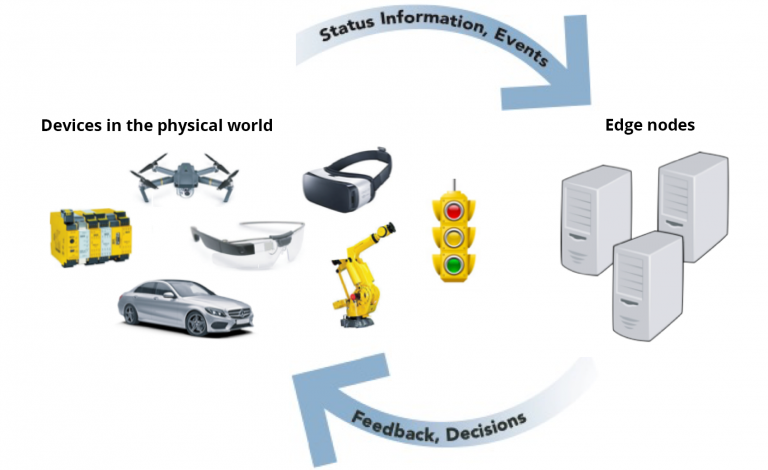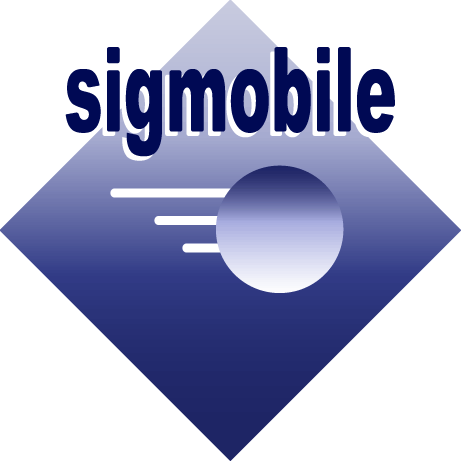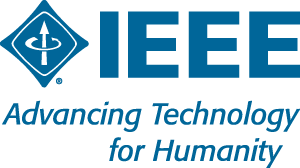SEC 2022 – Trustworthy Edge Computing Workshop
Organized in conjunction with ACM SEC 2022, Seattle, USA, Dec. 8th 2022

Edge computing has become a topic of significant interest in academic and industrial research, driven by the fundamental improvements in latency, bandwidth savings and energy efficiency it offers with respect to offloading application workloads. While many envisioned applications in edge computing are relevant in the context of real-time analytics and feedback, most of the research today approaches edge computing from a “best effort” perspective, focusing on expected/average system behavior.
Nevertheless, in order to make edge computing appealing for consumer applications, trustworthiness must be considered as a key design objective. Thus, depending on the application, systems must go beyond the provisioning of average system behavior assurances. In this way, trustworthiness directly relates to predictability, latency as well as availability/reliability. However, beyond such standard metrics for networked systems, security and safety of edge-based applications will also play an important role, while relating properties of the edge infrastructure and of the associated applications running on top of the infrastructure.
We solicit contributions towards trustworthy edge computing systems and applications, such as (but not limited to):
- Theoretical and/or practical results targeting at predictability of edge computing systems with respect to computational and communication aspects
- Models and algorithms to determine trustworthiness of edge computing systems and corresponding applications
- Orchestration mechanisms to integrate edge and cloud computing resources
- Security, privacy and safety mechanisms for assurance of edge computing systems
- General theoretical and/or practical results on integrated communication and computation aspects of edge computing systems and applications
- Volunteer edge computing with distributed resource brokering
- Federated learning via edge systems in relation to safety, security and privacy
- Trustworthy edge -assisted artificial intelligence
- Application-oriented resource allocation and cross-layer optimization
- Software engineering aspects towards trustworthy edge systems and applications
- Consumer applications for trustworthy edge computing in residential, industry, or government sectors
- Service level agreements, contracts or similar approaches for handling multiple users/tenants settings in heterogeneous mixed criticality applications
- Social, economic and behavioral considerations for building sustainable edge computing systems and applications
KEY DATES & Submission Instructions
Submission Deadline: September 19th, 2022
Notification: October 4th, 2022
Camera-ready paper deadline: October 14th 2022
Workshop: December 8, 2022
Only electronic submissions in PDF will be accepted. Submitted papers must be written in English and must render without error using standard PDF viewing tools. Submitted papers must be no longer than 6 single-spaced 8.5" x 11" pages, including figures and tables, but excluding references, and using 10-point type on 12-point (single-spaced) leading, two-column format, Times Roman, or a similar font, within a text block 7.14" wide x 9.22" deep. IEEE Standard template for Latex and Word meet these specifications and can be found at: https://www.ieee.org/conferences/publishing/templates.html. Papers not meeting these criteria will be rejected without review, and no deadline extensions will be granted for reformatting. Pages should be numbered, and figures and tables should be legible in black and white, without requiring magnification.
At least one author for each accepted paper for the TEC Workshop 2022 must register for the workshop.
Submission website: https://tec22.hotcrp.com
Organization
TEC 2022 will be a half-day workshop with two paper presentation sessions, one keynote and potentially a poster / short-paper presentation session.
TPC co-chairs
Jaya Prakash Champati, IMDEA Networks Institute, Madrid
Prasad Calyam, University of Missouri-Columbia
Organizing Chair
James Gross, KTH Stockholm
Technical Program Committee
Baek-Young Choi, University of Missouri - Kansas City
Wei Bao, University of Sydney
Saptarshi Debroy, City University of New York
Aaron Ding, TU Delft
Valerio Frascolla, Intel Labs
Sladana Josilo, Ericsson Research
Paul Pop, DTU Kopenhagen
Klaus Wehrle, RWTH Aachen University
Liyao Xiang, Shanghai Jiao Tong University
Hongwei Zhang, Iowa State University
Michael Zink, University of Massachusetts












